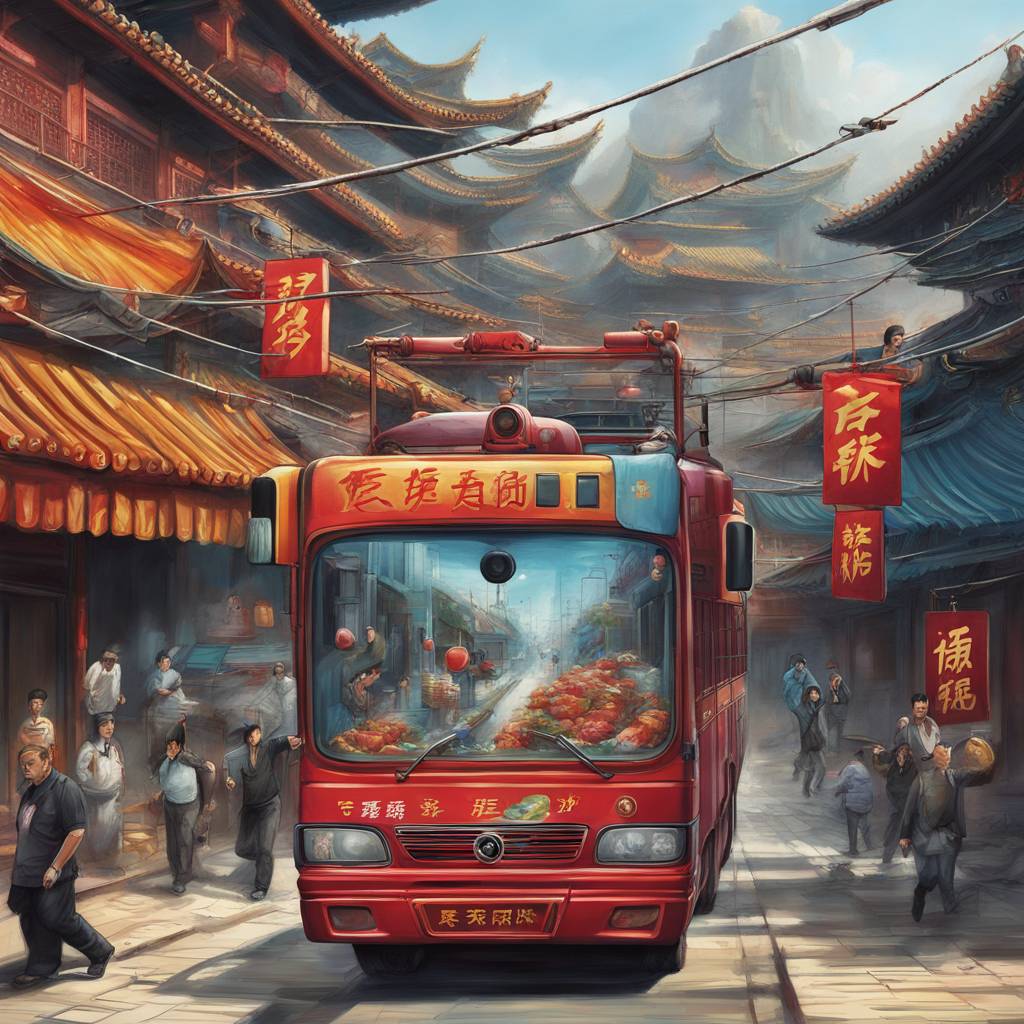In China, Apple has long been a dominant force in the high-end smartphone market, with the iPhone being sought after as a status symbol by wealthy consumers. However, recent data shows a decline in iPhone sales in China while sales for rival company Huawei have surged. Analysts attribute Apple’s challenges in China to various factors, including a slowdown in consumer spending, pressure from Beijing to avoid U.S. companies’ products, and the resurgence of Huawei as a national champion. Tensions between the U.S. and China are also cited as a significant obstacle for Apple to overcome in retaining its position in the Chinese market.
Apple’s latest product, the iPhone 15, has not received the same level of hype and enthusiasm from Chinese consumers as previous iPhone launches. The company has engaged in extensive advertising campaigns to promote its products, but some consumers, like Jason Li, are opting for Huawei devices due to a desire for a change from iOS and a preference for different features offered by Huawei’s smartphones. Political considerations have also come into play for some Chinese shoppers, with debates emerging about the use of iPhones being seen as disrespectful to Chinese tech companies or a potential security risk.
Huawei’s release of the Mate 60 Pro, equipped with its own operating system and advanced technology, has been a game-changer in the Chinese smartphone market. The company’s sales have seen a significant boost, and the Mate 60 series is gaining popularity among consumers, especially those over 35 who represent a significant portion of smartphone buyers in China. Huawei’s success has been attributed to its innovation and ability to develop its own technology in response to challenges it faced due to restrictions imposed by the U.S. government.
Apple has made efforts to address the challenges it faces in China, including CEO Tim Cook traveling to the country and expanding research and development labs. However, the company is still grappling with the impact of heightened geopolitical tensions between the U.S. and China, with Washington’s approach towards Huawei affecting consumer sentiment towards Apple. Chinese consumers like Chi Miaomiao and Li Bin have expressed support for Huawei due to political sentiments, viewing Huawei as a domestic brand that represents unity amid geopolitical tensions.
Despite Apple’s efforts, the company continues to face obstacles in China as it competes with Huawei and other domestic brands for market share. The evolving dynamics in the Chinese smartphone market, coupled with political considerations and consumer preferences, present significant challenges for Apple as it seeks to maintain its position as a leading smartphone brand in the country. As the competition intensifies and consumer sentiments shift, the future landscape of the high-end smartphone market in China remains uncertain, with companies like Huawei posing a formidable challenge to Apple’s dominance.








